A plan to triple the rate of peatland restoration in Wales to help combat the climate emergency and protect one of the country’s most celebrated birds, the curlew, has been announced by the Welsh government. The Labour-led administration said it had accepted a raft of recommendations from an expert panel on how to halt biodiversity […]
Tag: global warming
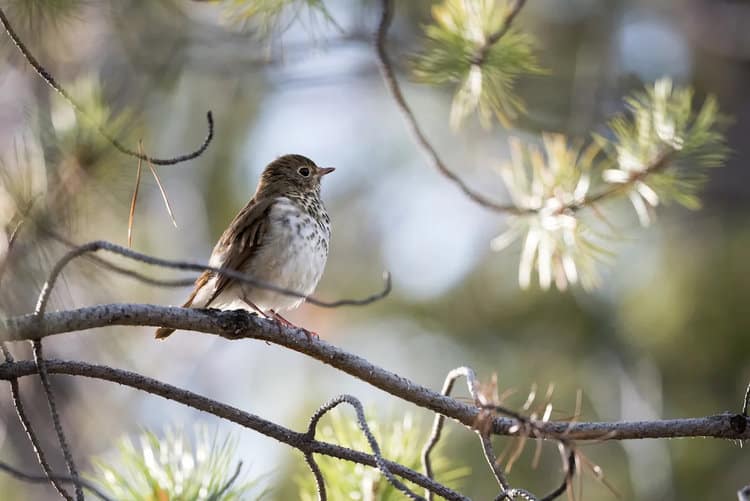
Old-Growth Forests Provide Climate Change Relief for Some Bird Species, Study Finds
Many bird species are sensitive to temperature fluctuations, especially the extreme ones that come with climate change. Global heating is especially difficult for birds, who need shade, cool water and breezes to cool down. A new study by the Oregon State University College of Forestry suggests some bird species can get relief from climate change […]
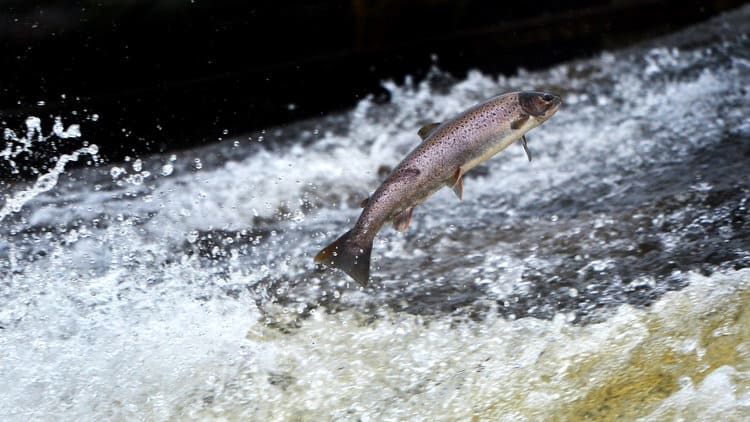
Warming Waters Challenge Atlantic Salmon, Both Wild and Farmed
Whether roaming wild or enclosed in floating feedlots on the ocean, Atlantic salmon are cold-water fishes. But as the climate crisis warms the world’s oceans and waterways, cold water is becoming harder to find, which means these long-endangered fish are facing perhaps their biggest challenge yet. Atlantic salmon are anadromous, moving between freshwater and saltwater […]

Global warming may not be as bad for animal reproduction as thought, study suggests
Animals are more likely to mate in warmer environments, a study analyzing the impact of climate change on reproductive behavior has found. Looking at the impact of temperature changes on 22 species which included a huge variety of animals such as geckos, frogs, butterflies, dragonflies, birds and sea life, research from the University of Aberdeen […]
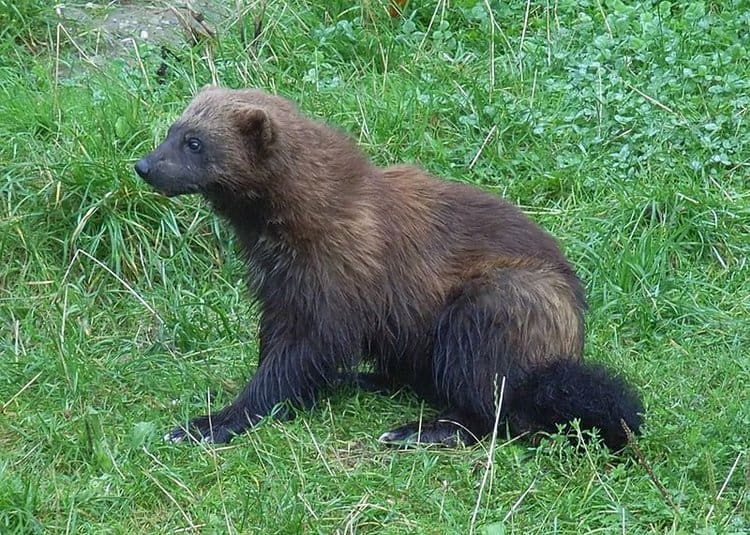
Court Restores Wolverine Protections While Agency Reconsiders Endangered Species Decision
MISSOULA, Mont.— In a victory for wolverines, a Montana District Court decided late Thursday to restore the species as a candidate for protection under the Endangered Species Act. The court agreed with conservation groups that wolverines need additional protections while the U.S. Fish and Wildlife Service reconsiders its 2020 decision not to protect the species […]
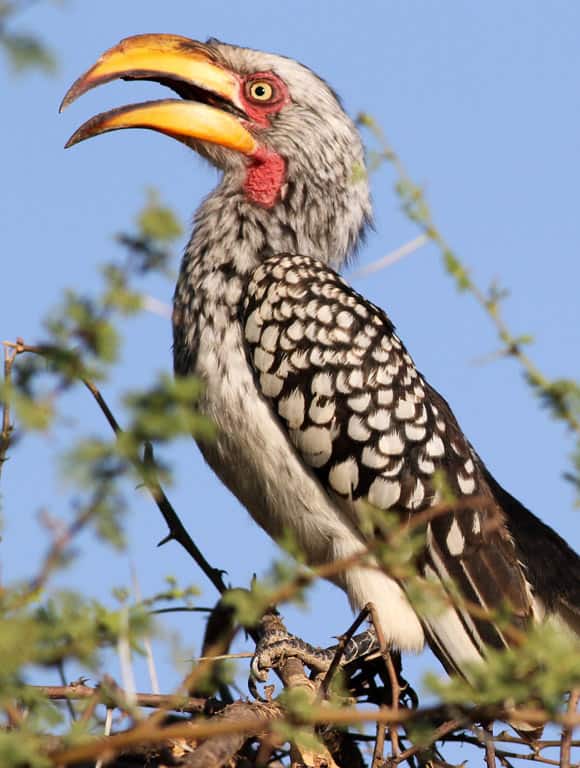
Rapid Global Warming is Driving Southern Yellow-Billed Hornbills to Local Extinction
Global heating is exacerbating the harsh conditions associated with arid environments by elevating average air temperatures and increasing the frequency and intensity of heatwaves and drought. Possible consequences for animals inhabiting arid regions include increased frequency of mass mortality events and disastrous reproductive failures. However, heatwaves, especially in association with droughts, may also have insidious […]
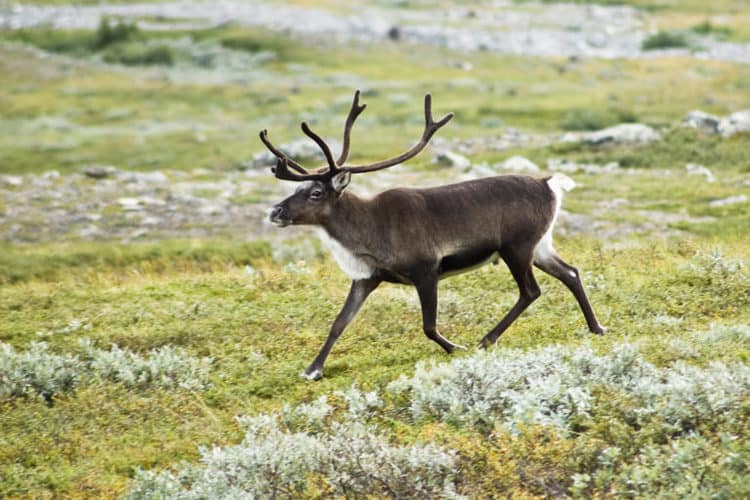
‘Cooling the climate for 10,000 years’: How saving wetlands can help save the world
Buffeted by the Atlantic Ocean on one side and the Pacific on the other, the Mitre Peninsula, at the far southern tip of South America, is one of the coldest, harshest places on the planet. “It’s the end of the earth,” said Martina Sasso, program coordinator at Rewilding Argentina But this 2,400-square-kilometer slab is also […]

Amazonian birds are shrinking in response to climate change, study shows
The canary in the coal mine for how climate change is affecting the treasure trove of biodiversity in the Amazon is … also a bird. Dozens of them, in fact, according to a new study that shows the changing climate is actually shrinking their bodies and elongating their wings. “Our findings show that man-made climate […]
